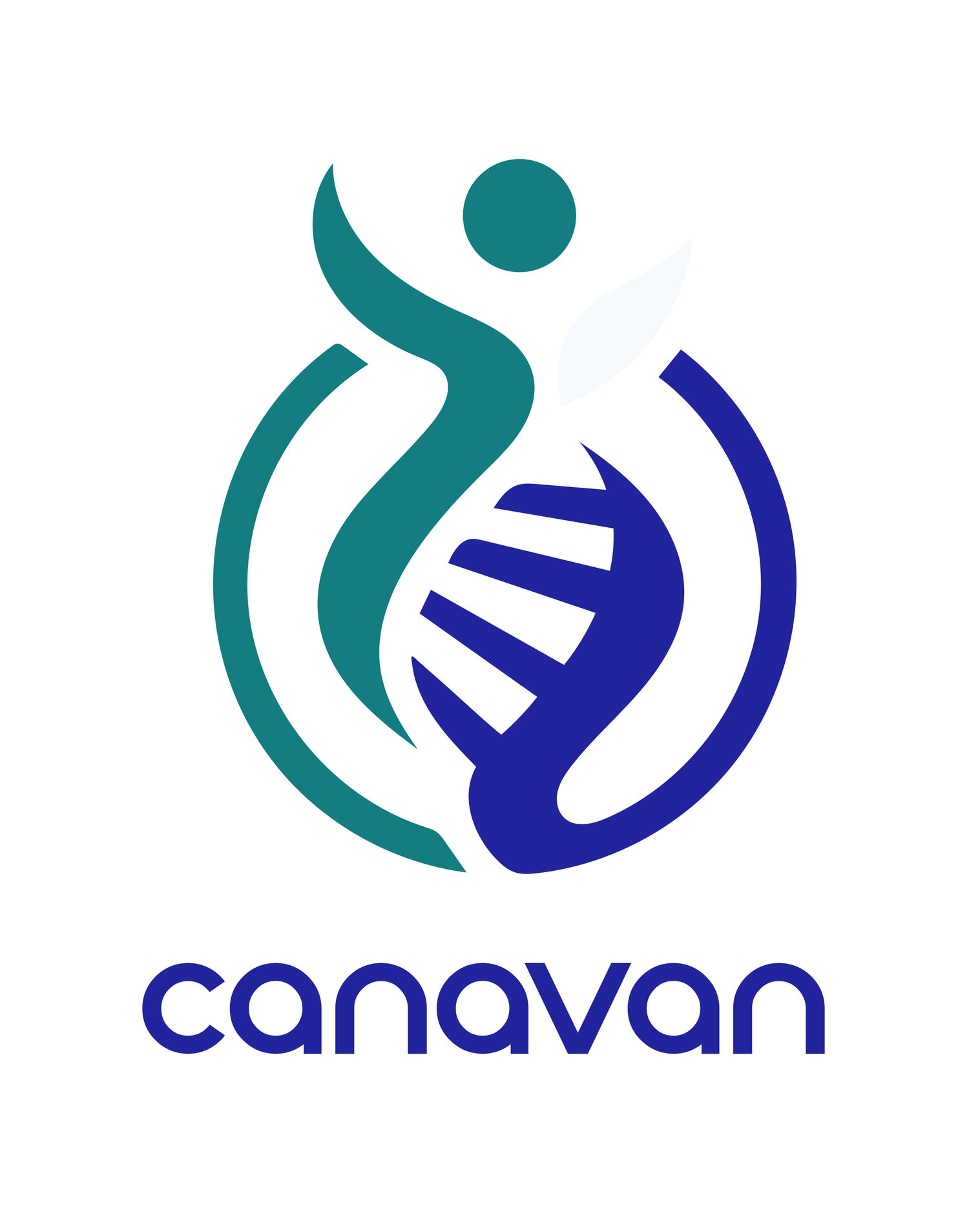OUR RESEARCH
GENE THERAPY
The most recent advances have been especially exciting. The first clinical trial partially funded and approved by the Food and Drug Administration (FDA) and the National Institute of Health (NIH), in which a new and more potent viral vector is being used to transport the genes into the brains of Canavan children, is ongoing at the Robert Wood Johnson Medical Center. Many of the children have been monitored, and the parents of each and every child are reporting clinical improvement, as supported by MRI and MR spectroscopy scans. Lindsay Karlin, now eleven years old and the first child treated in the first trial in 1996, has shown no deterioration since receiving the latest gene vector. Researchers expect to use the findings from this study to apply to research for other, more common diseases, including Parkinson's Disease, Alzheimer's Disease, multiple sclerosis and stroke.
STEM CELL THERAPY
The Canavan Research Foundation is also supporting stem cell therapy, the transplantation of normal neural stem cells into the brain. Stem cells have the potential to develop into any type of cell, and the research teams that we are supporting are currently developing stem cells that will take over for the faulty cells in the brains of Canavan children and produce the enzyme that the children lack. We are focused on identifying and supporting researchers who demonstrate the greatest potential to bring their work to clinical trial in the next two years. Stem cell therapy may also hold the key to curing a host of other diseases, including genetic and degenerative diseases, stroke and traumatic brain and spinal cord injury.
Our objective is to speed up research through private funding so that it may become available as quickly as possible to those who need it - adults and children whose time is running out.
What We've Achieved
- Donec condimentum enim sit amet felis dignissim laoreet adipiscing dignissim.
- Vivamus egestas urna sed lorem sagittis, id lacinia erat porta cras.
- Morbi eu elit in justo auctor dignissim. Sed ultrices eget neque tellus.
- Sed fermentum eget velit at eleifend. Donec volutpat est a felis pulvinar.
- Donec condimentum enim sit amet felis dignissim laoreet adipiscing porta.
- Vivamus egestas urna sed lorem sagittis, id lacinia erat porta cras.
- Morbi eu elit in justo auctor dignissim. Sed ultrices eget neque tellus.
- Sed fermentum eget velit at eleifend. Donec volutpat est a felis pulvinar.
OUR TEAM
Medical Director
Roger H. Karlin, M.D.
Scientific Advisory Board
Roscoe Brady, M.D.
Department of Neurosciences - National Institute of Health (Bethesda, MD)
Ruben Matalon, M.D.
Department of Neurosciences - University of Texas at Galveston (Galveston, TX)
Andrew Freese, M.D.
Department of Neurosurgery - University of Minnesota (Minneapolis, MN)
Christopher Janson, M.D.
Department of Neurosurgery - University of Minnesota (Minneapolis, MN)
Scott W.J. McPhee, Ph.D.
Research Scientist in Department of Surgery in the Division of Neurosurgery - University of Medicine & Dentistry of New Jersey (Camden, NJ)
Jeremy S. Francis, Ph.D.
Research Scientist in Department of Surgery in the Division of Neurosurgery - University of Medicine & Dentistry of New Jersey (Camden, NJ)
OUR RESEARCHERS
Dr. Paola Leone, Ph.D. - Professor of Cell Biology and Director of the Cell & Gene Therapy Center at the Rowan University School of Osteopathic Medicine
Following post-doctoral studies in Montreal, Dr. Leone was an Associate Research Scientist at Yale University from 1996-1998. From 1998-2001, she was Associate Director of the CNS Gene Therapy Center at Jefferson Medical College and an Assistant Professor in the Department of Neurosurgery. Dr. Leone has been responsible for the development and characterization of viral (AAV, adenovirus, retrovirus) and non-viral vectors for the treatment of Canavan Disease and other disorders. At Yale and Thomas Jefferson Universities, she was the IND/FDA sponsor of two separate 'Gene Therapy for Canavan Disease' studies.
Dr. Leone is currently Principal Investigator on the Canavan gene therapy protocol using adeno-associated viral vectors. Her laboratory is conducting in-vivo studies of both viral vectors and stem cells and their use in neural transplantation for therapeutic applications on a variety of neurodegenerative disorders, brain and spinal injuries and stroke. She also leads investigations on pharmacological, genetic and stem cell therapies on animal models of Canavan Disease, Amyotrophic Lateral Sclerosis, Parkinson's Disease, Tay Sach's Disease and other neurological disorders.
Evan Snyder, M.D. & Ph.D. - Harvard Medical School, Professor of Pediatrics, Pediatric Neurology, Neonatology; Director, Stem Cells and Regeneration Program, The Burnham Institute
Dr. Snyder is the world-renowned leading researcher and co-founder of the stem cell field. His work focuses on understanding the mechanisms underlying Canavan disease and other childhood neurodegenerative diseases. Dr. Snyder's work investigates Canavan at a molecular and cellular basis - particularly as programmed into the central nervous system at the stem cell level. Dr. Snyder's work focuses on studying implanted stem cells in Canavan animal models with the goal of treating afflicted Canavan children.
THIS RESEARCH ASSISTS IN CURING OTHER NEURODEGENERATIVE DISEASES
When you support the Canavan Research Foundation, you give hope to all the families struggling with the debilitating effects of Canavan Disease. The research we develop also brings a cure to countless other degenerative diseases that much closer.
Canavan Disease remains our primary focus. But the more our research team learns about the degenerative and rebuilding processes, the more that knowledge can be used toward treatment of other childhood genetic brain diseases, such as Metachromatic leukodystrophy, ALD, Tay-Sachs, Neimann Pick and Krabbe's (to name a few). The stem cell therapy that we support as well may ultimately be used to treat a multitude of other diseases, including Parkinson's and Alzheimer's as well as stroke and traumatic brain/spinal cord injury. Our research is truly on the cutting edge of modern medicine, and with your support, this research may one day make a difference in the life of someone you love.
Please see the following article for information on how gene therapy for Canavan Disease is being used as a prototype for gene therapies for more common diseases.



